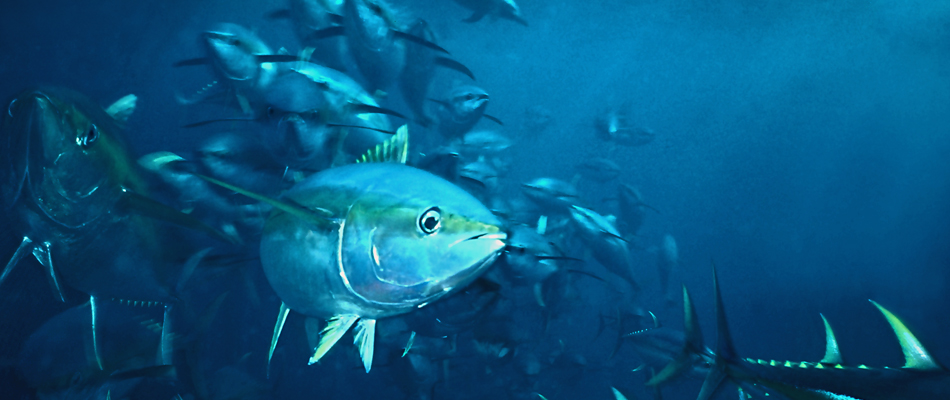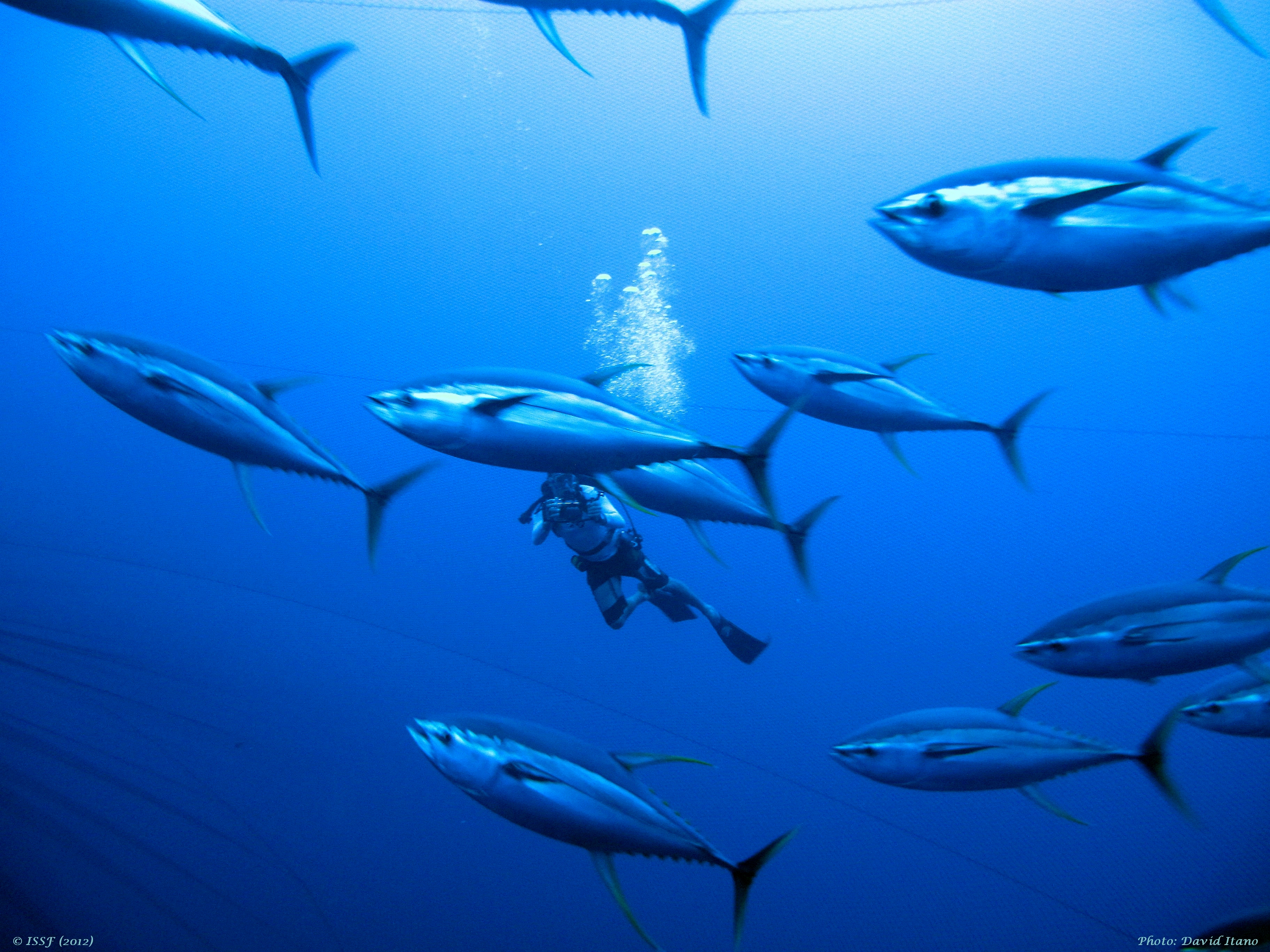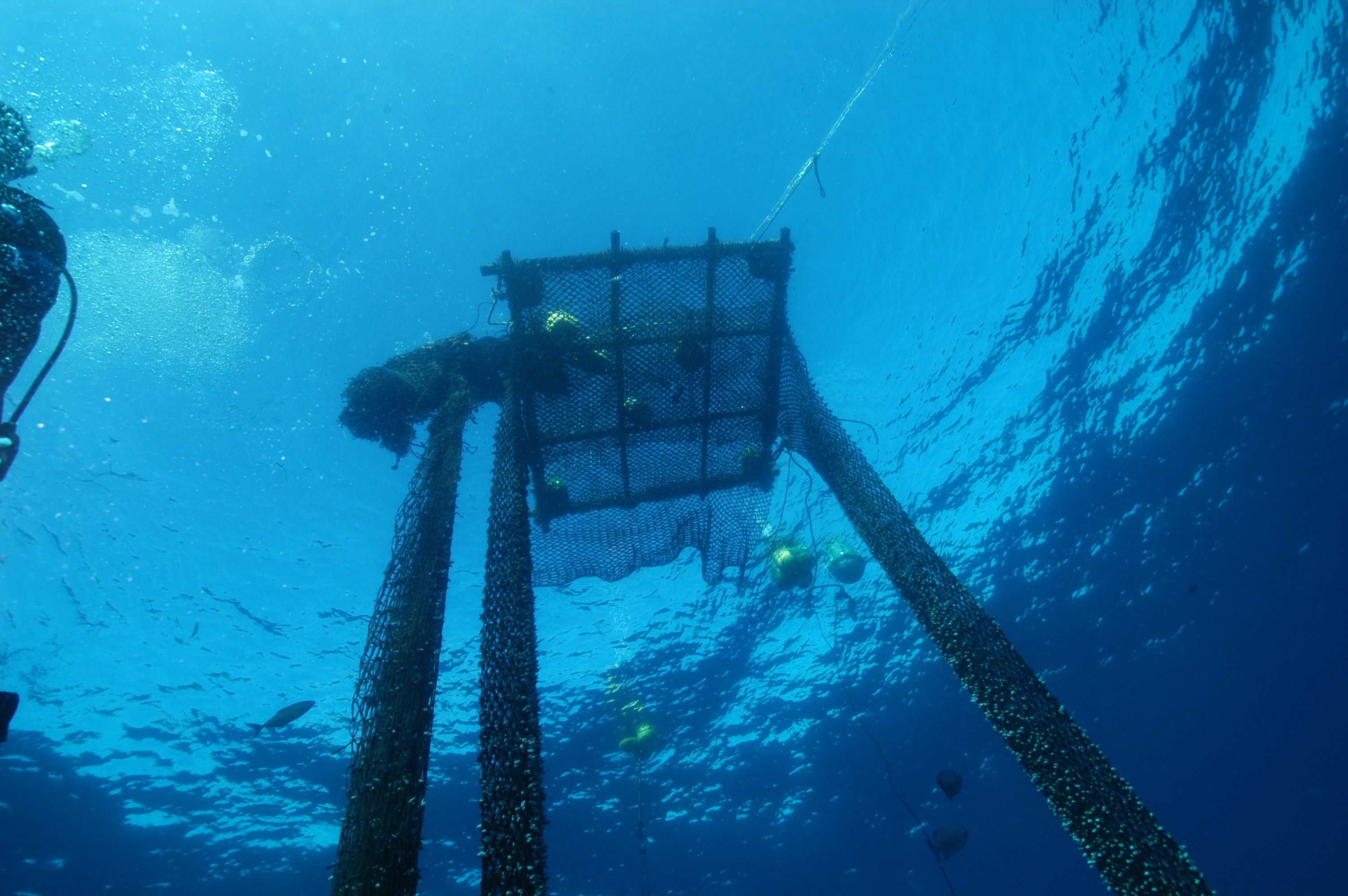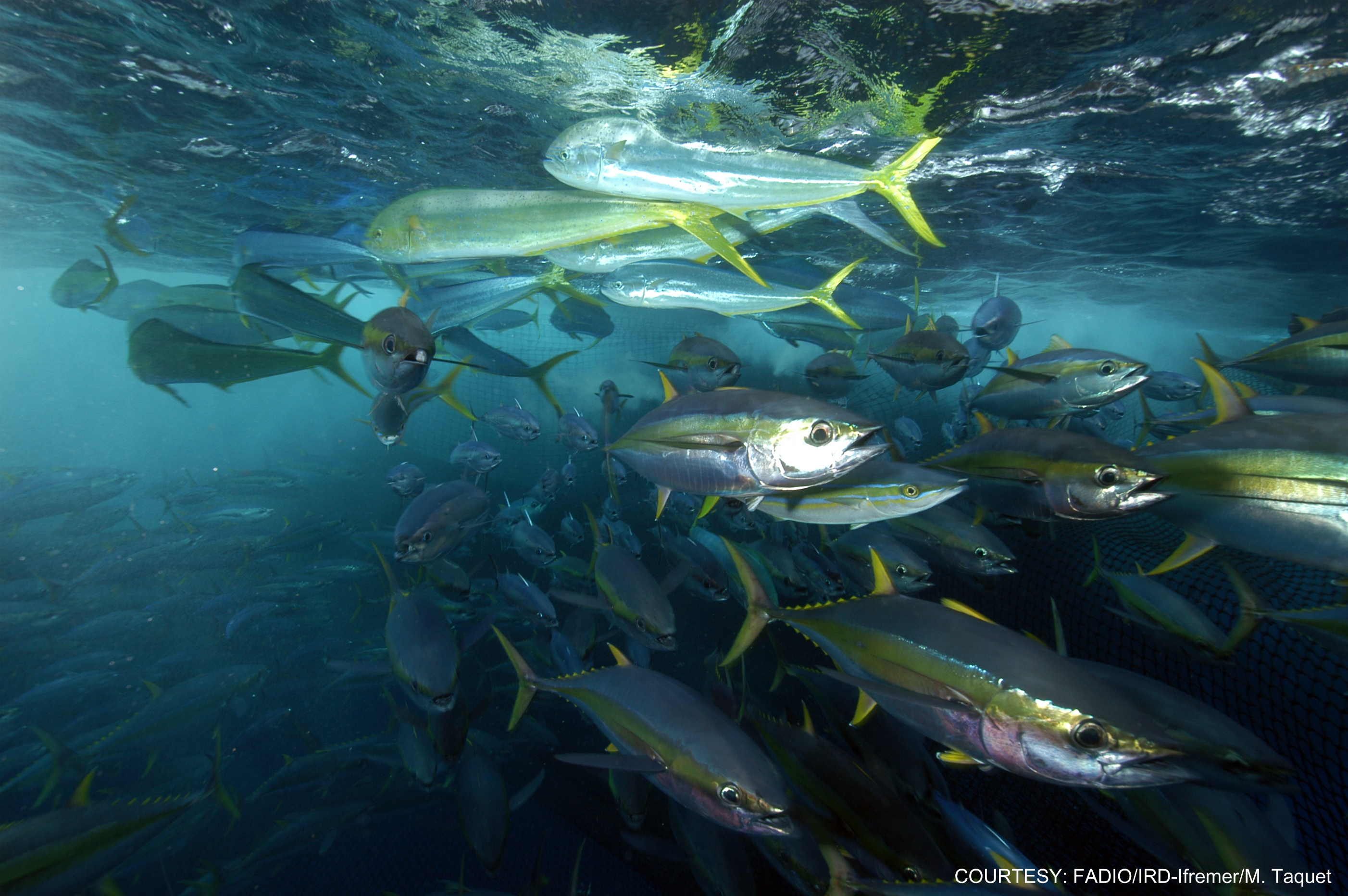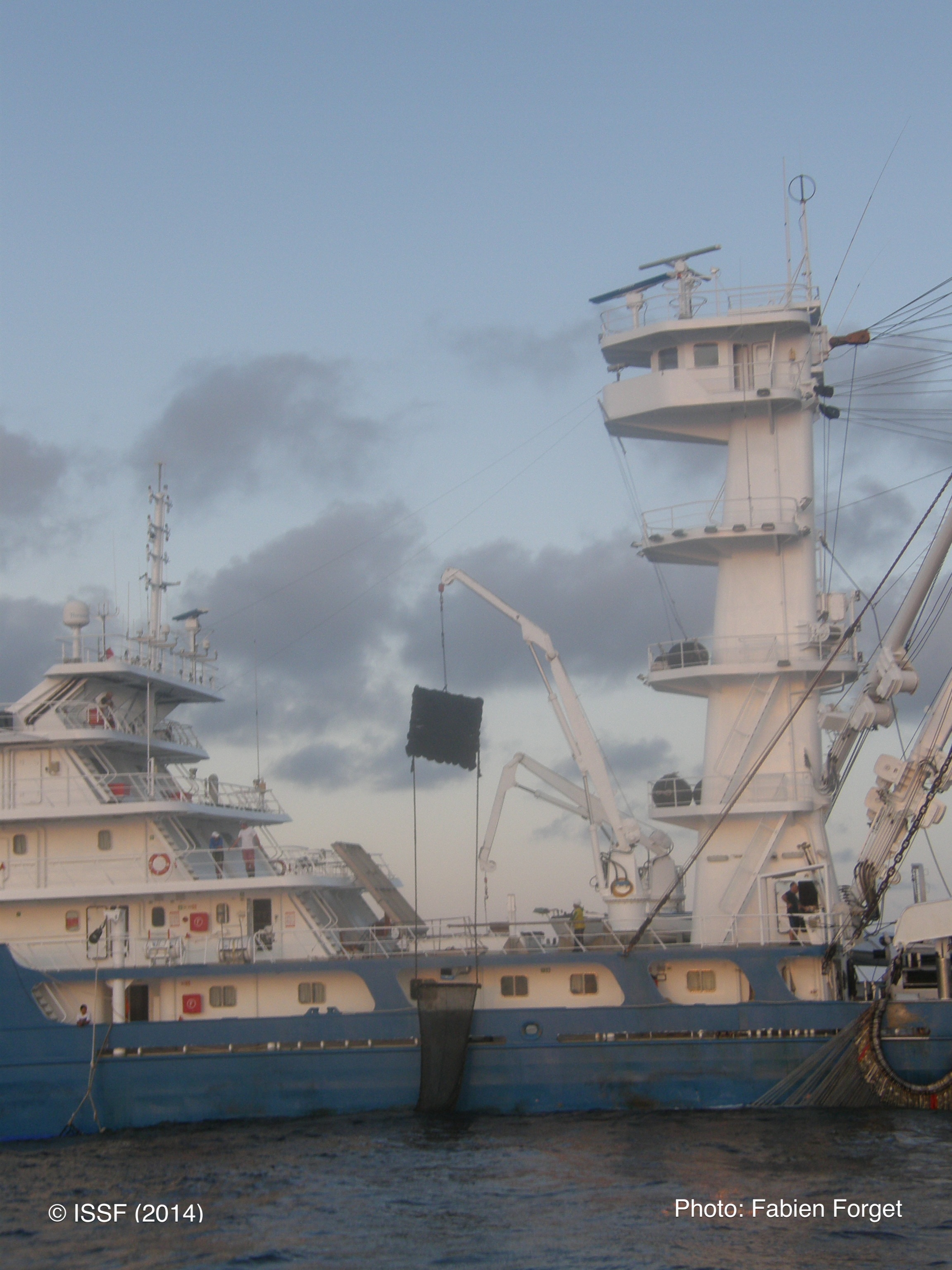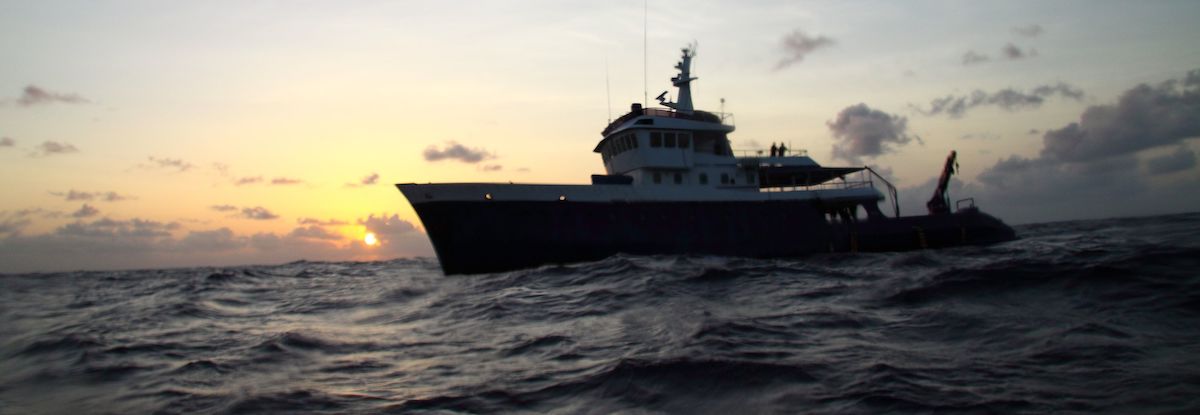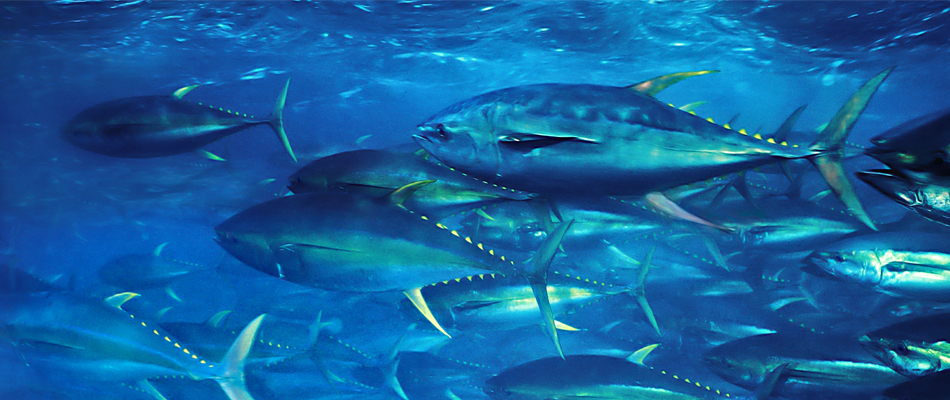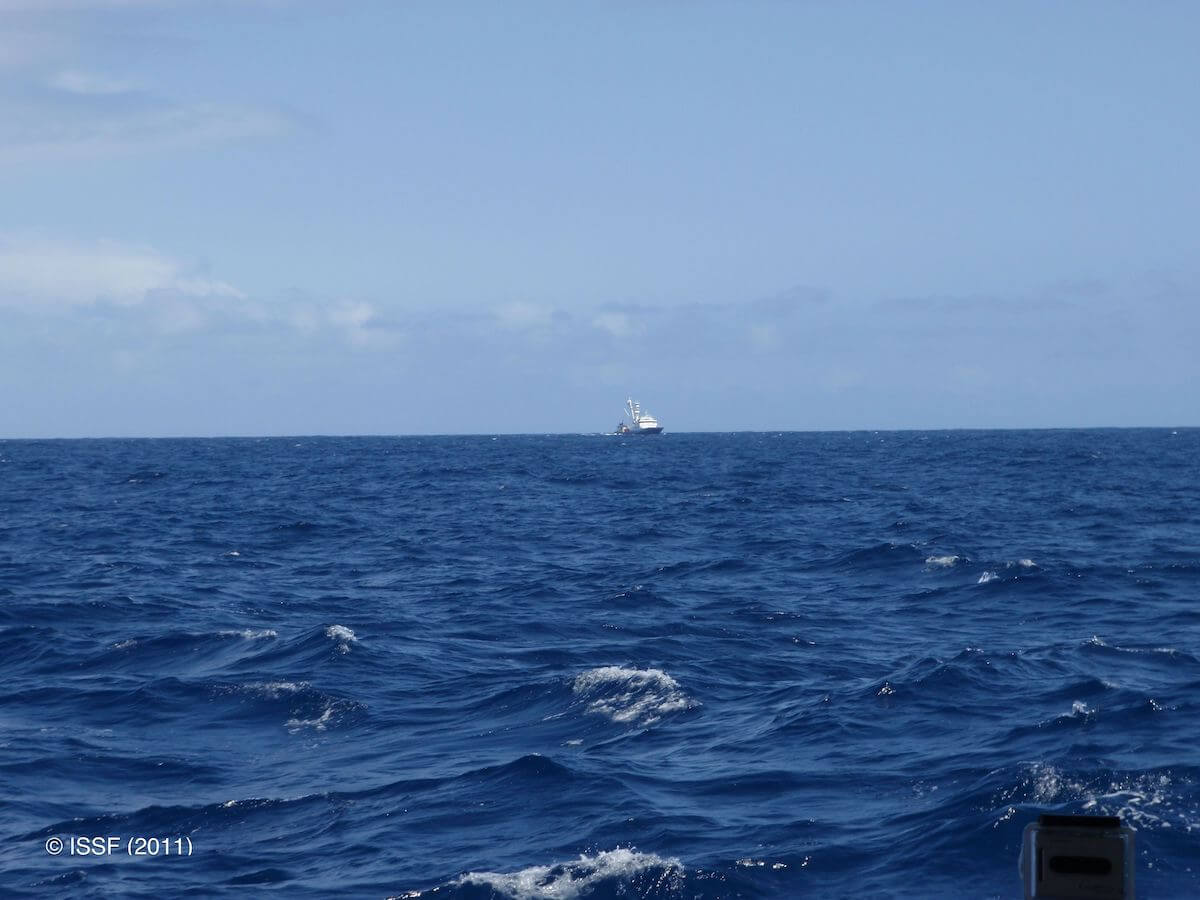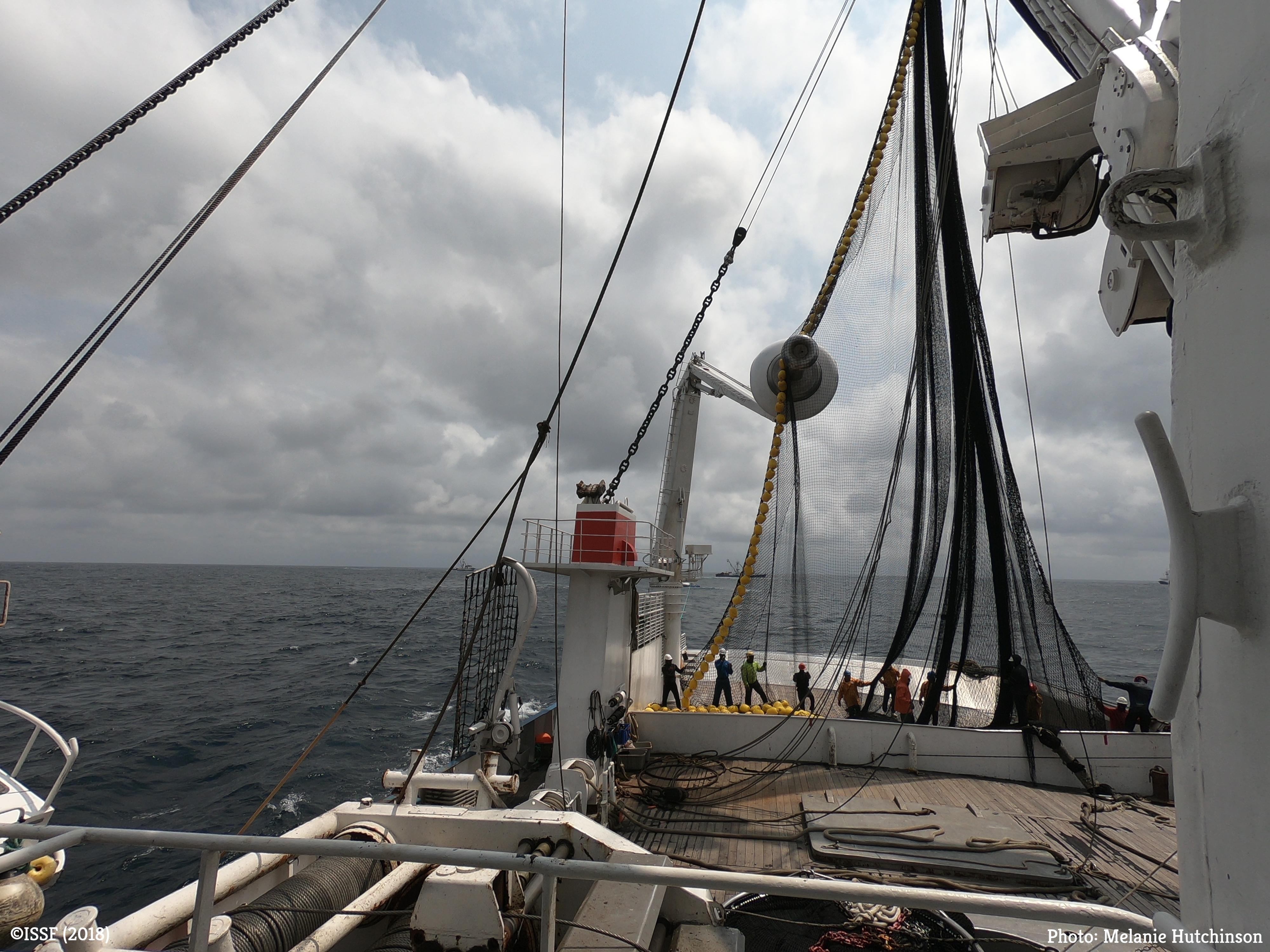ISSF Report: 17 Tuna Stocks Not Meeting Criteria for Marine Stewardship Council (MSC) Sustainability Standard
Fisheries scientists in ISSF 2022-03: An Evaluation of the Sustainability of Global Tuna Stocks Relative to Marine Stewardship Council Criteria — a January 2022 report commissioned by the International Seafood Sustainability Foundation (ISSF) — found that six out of 23 major commercial tuna stocks worldwide are successfully avoiding overfishing and maintaining target stock biomass levels when measured against the Marine Stewardship Council (MSC) Fisheries Standard.
These stocks include North Atlantic albacore, South Atlantic albacore, Eastern Atlantic bluefin, Western Pacific skipjack, Eastern Pacific yellowfin, and Indian Ocean skipjack, all of which earned a passing score for the MSC Fisheries Standard on its Principle 1: “Sustainable Fish Stocks.” Under Principle 3: “Effective Management,” most tuna regional fisheries management organizations (RFMOs) scored well.
17 #tuna stocks failed @MSCecolabel Principle 1 -- because of poor stock status, lack of well-defined harvest control rules (HCRs), and/or lack of effective tools to control harvest. Share on XMSC is an independent, international, non-profit organization that oversees a program to assess global wild-capture fisheries and certify them as “sustainable” if they meet its Fisheries Standard criteria. In the February 2021 edition of the report, 7 stocks passed Principle 1. In this year’s report, one less stock received a passing score, specifically South Pacific albacore. Principle 3 evaluations remained unchanged for the most part.
The report attributes 17 other tuna stocks’ inability to pass MSC Principle 1 to poor stock status, the lack of well-defined harvest control rules (HCRs), and/or the lack of effective tools to control harvest. A stock will pass if its overall score is 80 or above and no single score is less than 60.
About the Report
An Evaluation of the Sustainability of Global Tuna Stocks Relative to Marine Stewardship Council Criteria takes a consistent, comprehensive approach to scoring tuna stocks based on certain components of the MSC standard. The report — updated regularly since it was first published in 2013, and organized by individual tuna stock and tuna RFMO — is designed to:
- Provide a basis for comparing between stock scores and tuna RFMO scores as assessed by the same experts
- Become a useful source document for future tuna certifications or in the establishment of tuna Fishery Improvement Projects (FIPs)
- Prioritize ISSF projects and advocacy efforts against initiatives that will improve low-performance indicator scores
The scores in the report focus on stock status (MSC Principle 1) and the international management aspects relevant to RFMOs (part of MSC Principle 3) and are based on publicly available fishery and RFMO data. Each of these Principles is evaluated in relationship to Performance Indicators (PIs) within each Principle. The Evaluation report also includes detailed remarks on each stock, evaluations of the five RFMOs, and comprehensive reference citations.
MSC Principle 1
The MSC Principle 1 states: “A fishery must be conducted in a manner that does not lead to overfishing or depletion of the exploited populations and, for those populations that are depleted, the fishery must be conducted in a manner that demonstrably leads to their recovery.” The authors attribute stocks with failing scores to poor status of the stock, the lack of well-defined harvest control rules in place, and/or the lack of effective tools to control harvest. Three of the 23 stocks have fully implemented well-defined harvest control rules, and there has been progress towards this aim by all RFMOs.
Regarding stocks receiving passing scores:
- Among nine tuna stocks in the Atlantic Ocean, three received an overall principle-level passing score: Northern albacore, Southern albacore, and Eastern bluefin (the only bluefin stock to receive a passing score).
- Among nine tuna stocks in the Pacific Ocean, two received overall principle-level passing scores: Western skipjack, and Eastern yellowfin.
- Among four stocks in the Indian Ocean, one received an overall principle-level passing score: skipjack.
Regarding stocks receiving failing scores:
- In the Atlantic, yellowfin, bigeye, Western skipjack, Eastern skipjack, Western bluefin, and Mediterranean albacore all received principle-level failing scores.
- In the Pacific, seven stocks received overall principle-level failing scores: Western yellowfin, Western bigeye, Eastern bigeye, Eastern skipjack, Northern albacore, Southern albacore, and Pacific bluefin.
- In the Indian Ocean, yellowfin, bigeye, and albacore all received overall principle-level failing scores.
- Southern bluefin tuna also received an overall P1 failing score.
MSC Principle 3
The MSC Principle 3 states: “The fishery is subject to an effective management system that respects local, national, and international laws and standards and incorporates institutional and operational frameworks that require use of the resource to be responsible and sustainable.”
One tuna RFMO — the Inter-American Tropical Tuna Commission (IATTC) — received unconditional passing scores for all seven performance indicators under Principle 3. The other three tropical tuna RFMOs (ICCAT, IOTC and WCPFC) received overall principle-level passing scores from the authors. As in the last report, CCSBT did not receive a passing score under Principle 3.
While the report focuses on tuna stock status and sustainability as well as on RFMO policies, it does not address national or bilateral management systems, or gear- or fleet-specific ecosystem impacts — all of which are also considered within the MSC assessment methodology.
Since 2011, ISSF has been an active stakeholder in MSC tuna fishery assessments and certifications. ISSF’s strategic objective is to develop and implement verifiable, science-based practices, commitments, and international management measures to help all tuna fisheries become capable of meeting the MSC certification standard without conditions.
An Evaluation of the Sustainability of Global Tuna Stocks Relative to Marine Stewardship Council Criteria – Version 9.0 was authored by Paul A. H. Medley, Jo Gascoigne, and Giuseppe Scarcella.
